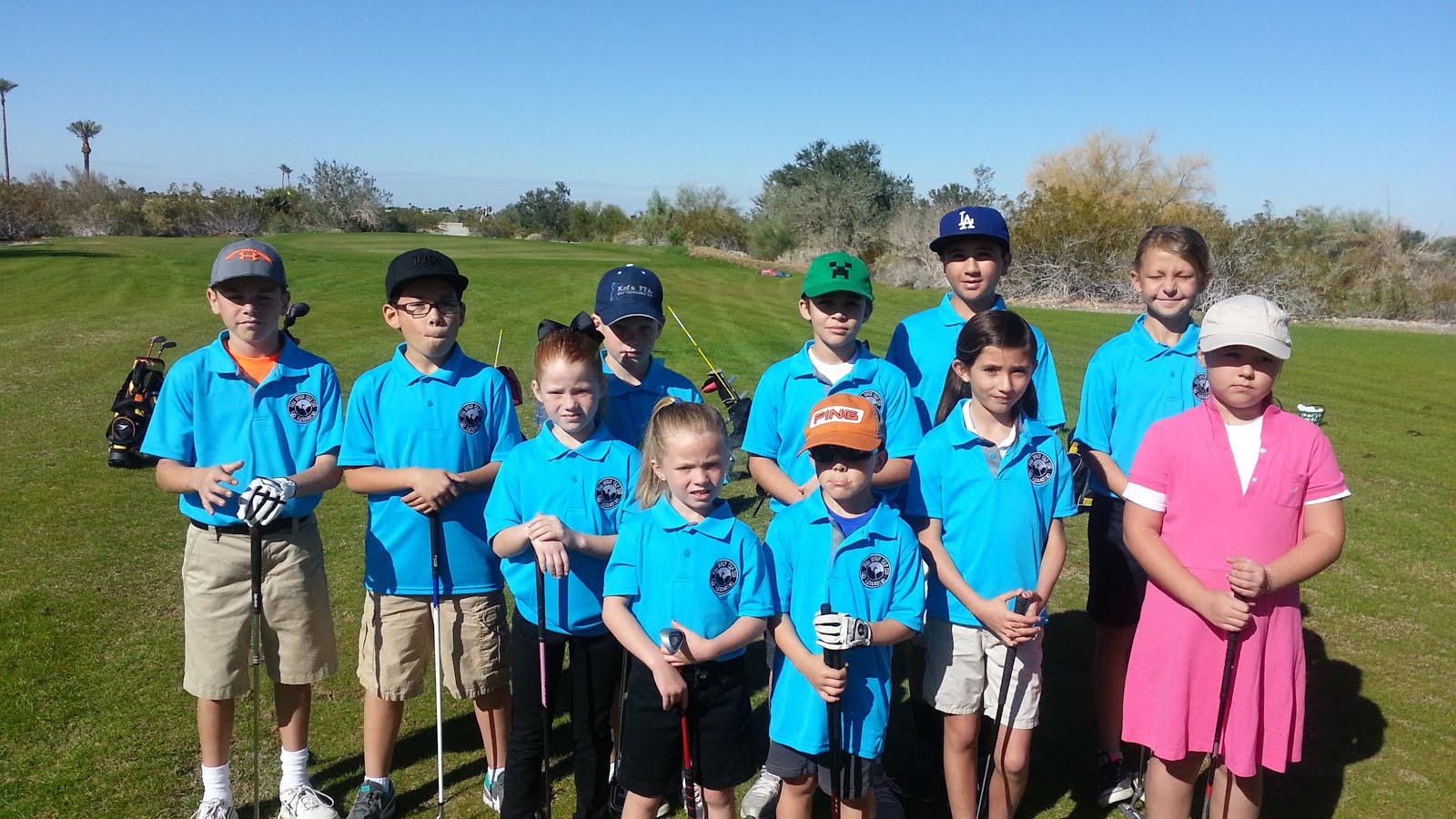To me, the job was very serious. I was to make sure that play moved along. It was also my job to represent the course More than just telling slow golfers to pick up the pace, I would stop and fix divots on the green and in the fairway as well--an ambassador, not a traffic cop or drill sergeant. The important task was to make the gofer's experience as pleasant as possible and to keep things moving along. Key to the whole thing was to keep the needs of the golfer and the course in mind and how I could help fill those needs. Meeting new people, interacting with them and making sure that their day on the course was a good experience as well as to make sure that the course was respected was a lot of fun for me.
My way was always pleasant and cheerful. Should a problem arise, I would handle it with tact. There was always a reason that play had slowed down, and I would always ask in a way that was not threatening. The most common reason for play slowing is golfers hunting for lost balls. Sometimes they find it, sometimes they don't but it always causes a slowdown in play. When this would happen I would always ask with a smile if the group was looking for a lost ball. At that point, I would briefly help look and then ask if they thought the ball was lost and maybe it was time to return to play. In my tenure as a course assistant, I never had any problems with this.
If a group was out of position, there usually was a reason why. I would ask if they had lost a ball somewhere on the hole or the hole before. Normally this was the case and I knew that they would catch up as the round progressed. I would very courteously ask if that was the case and most of time the answer was yes. There was no need to badger, in most cases the group knew they were a bit behind and would catch up.
When group was playing slowly because of the way they were playing, I would talk to them in a very friendly way about ways to speed up without running. In most cases I would stick with them for a hole and not say anything. Sometimes I would say "great shot" to one of the golfers and have them go to their next shot if it was safe. The key is for them was not to bunch up and go to each other's ball but to go to their own ball and be ready to hit. I very cheerfully would encourage this.
A course assistant is not a traffic cop but a facilitator. Yes, the job requires that they keep things moving and make sure the course rules are followed but this can be done without being brutal about it. You are not a drill sergeant or a member of the golf gestapo out there, but a representative and ambassador of the course. I know some course assistants that like the role of "enforcer", the radio and red flag not being enough would be very comfortable wearing a uniform and a gun. That is not what they are there for. At times, the job does require a firm but tactful hand, but these times as far as my experience goes are few and far between.
There are many times when a course assistant has a slow day as far as play on the course is concerned. This is not a time to look for balls. In fact, an assistants job description only allows for the hunting of balls when it is a player's ball of a group that has lost that ball and the assistant is helping them find it. An assistant is not there to hunt for balls during their shift when the reason they are looking for balls is for their own play. I am sorry but that is a no-no, unless it is ok with the course and the day is slow. There are other more important things to do such as fix divots on the green.
Being a course assistant is an integral part to any golf course operation. They are extensions of the course and are key to a golfer's course experience.
 |
| Have a great time and don't forget to keep up with the group in front of you. |

No comments:
Post a Comment